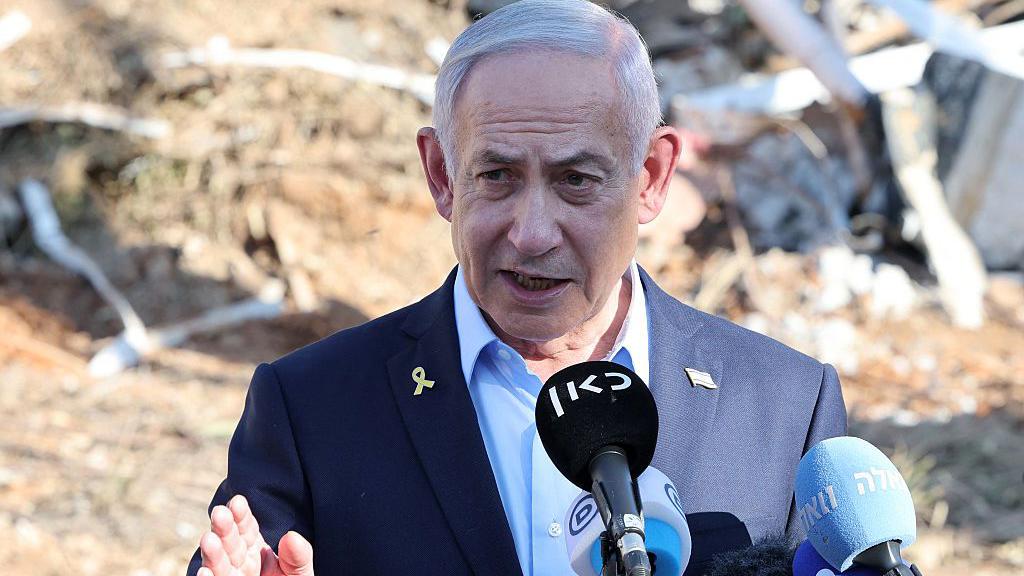Things got shaky again in the Middle East this week. Israel launched an airstrike in Doha, Qatar, hitting Hamas leaders. What’s weird is that this happened while people were trying to get a ceasefire going to calm things down in Gaza. The attack killed some Palestinians, even family members of Hamas people. Israel said it was a security thing. But critics think it was a political move. For many, this strike ruined any small chance for peace.
Ceasefire Talks in Trouble
The talks were already tough. No one really trusted each other. Qatar offered to host since they’re neutral, hoping to keep everyone talking. But the bombing changed everything. Hamas said Israel was trying to kill the talks. Israel said they had to act to keep their people safe. The U.S. tried to stay balanced, saying violence is bad but not blaming Israel directly. People in Washington knew what was up: the attack didn’t help. And when it comes to conflict, when you do something is almost as important as what you do.
Why Qatar Matters
Qatar is a big deal in the Gulf. They’ve been playing peacemaker for years. They’re like a bridge, a place where groups that won’t meet anywhere else can sit down and talk. Doha has been that middle ground between Hamas and Western countries. By striking Hamas leaders in Doha, Israel didn’t just take out enemies. They messed up the peace process itself. Now, people wonder if talks are even worth it. If the host country isn’t safe, where can you even negotiate?
U.S. Embassy on Alert

Right after the strike, the U.S. Embassy in Doha told everyone to stay inside. They issued a shelter-in-place order. For many Americans living and working there, it showed how fast things can get out of hand. For the U.S., it’s a tough spot. They want to support Israel, but they also want the ceasefire to work. Critics say the U.S. is stuck, calling for peace while supporting actions that hurt it.
Global Reaction
Everyone had something to say, fast. Arab countries said the strike was reckless and dangerous. European leaders warned it could mess up the already shaky peace efforts. Some Western governments quietly backed Israel’s right to defend itself. For Palestinians, it hit hard. Losing family members tied to Hamas just added to years of pain. For many Israelis, it was a win, proving that enemies aren’t safe anywhere. Same strike, different views.
Gaza’s Crisis Gets Worse

Meanwhile, things in Gaza are getting worse. Food is scarce, and medicine is running out. Thousands have had to leave their homes. Aid groups say the whole system is falling apart. Ceasefire talks were one of the few signs of hope. But now, that’s fading. Trust is almost gone. Can leaders really talk peace when their families are being targeted? Even if talks keep going, things won’t be the same.
The Question of Timing
Airstrikes aren’t random. Experts say Israel’s strike sent a message. To Hamas: nowhere is safe. To Qatar: hosting talks doesn’t protect you. Some think it was pressure, a way to weaken Hamas at the table. But the risk is clear when trust is gone, deals get tougher, not easier. And trust, once broken, is hard to get back.
Human Stories in the Middle
Behind the news are families. Parents in Gaza burying their kids. Israelis living with rocket alarms. And now, Qataris surprised by violence in their city. Politicians argue about plans and security. But regular people just want to survive. Every strike, every failed negotiation, every delay just makes the suffering last longer.
What Happens Next
No one knows for sure. Talks could fall apart. Or they might keep going because people are desperate. Israel says they’ll keep going after Hamas. Hamas says they won’t give up. And Qatar, even though they’re shaken, will probably keep trying to help. The U.S. has the hardest job: back Israel, but keep the talks alive. Criticize violence, but not too much. Everything they do could make things worse.
Final Word
Israel’s strike in Qatar was more than just a military move. It was a political statement, a message sent when peace needed a chance. Some saw it as strength. Others thought it was reckless. But one thing is clear: peace feels even further away now. And for families in the middle, it’s not about politics. It’s about survival, about getting through another day in a war that never seems to end.






